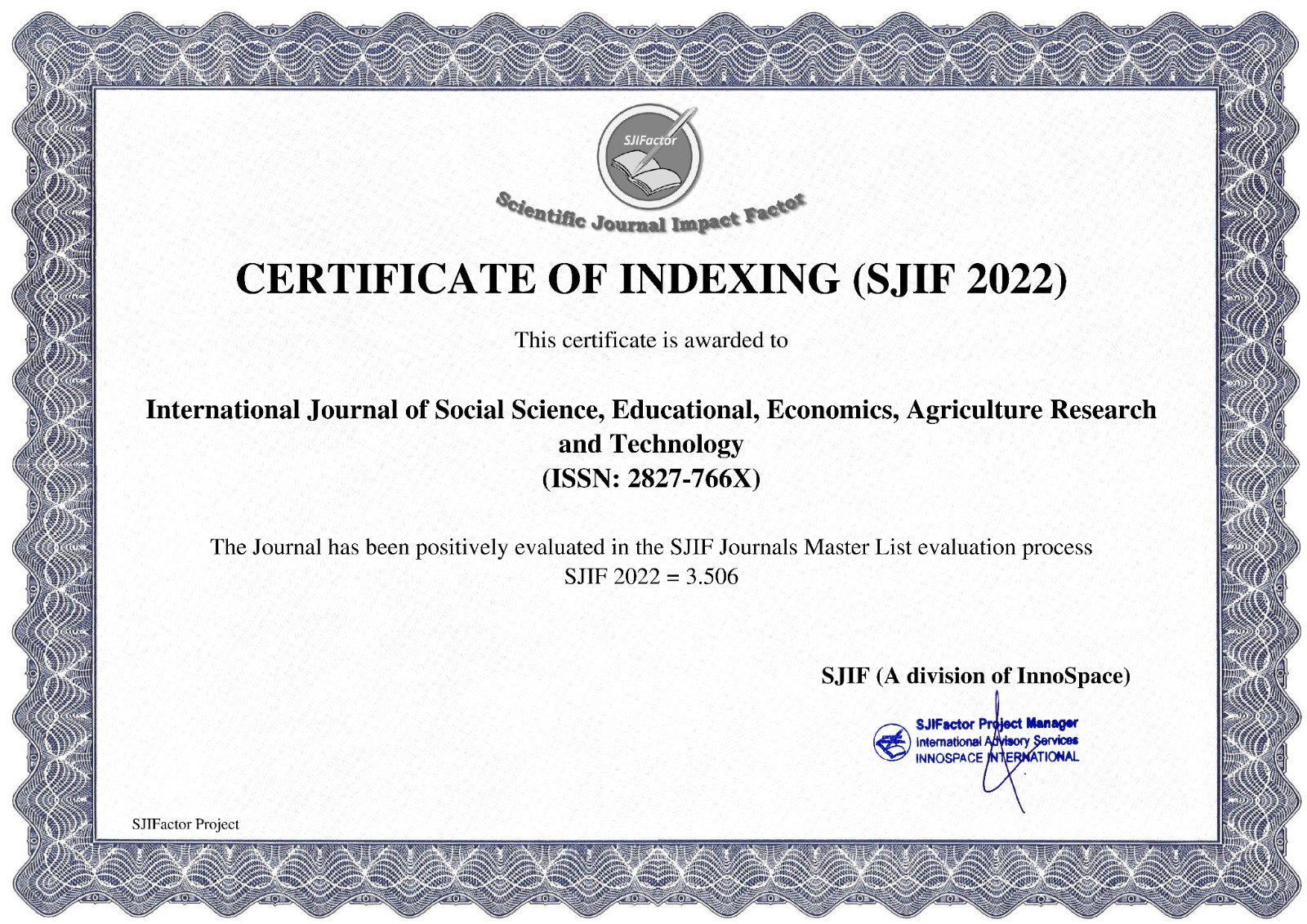THE ETHICS OF NATARIES IN SHARIA CONTRACTS
Main Article Content
Ramadha Nul Karim
Notary is an official in the legal field who has obligations or duties in the legal field, especially a type of legal consultation which is usually in the civil domain, such as relating to an agreement or something similar to people in need. Notaries also have the authority to provide or issue authentic deeds that have legal force both in terms of proof and legal certainty. Agreements that can use the services of a notary so that they have strong legal value are not only based on conventional contract models but also contracts or agreements that use sharia principles. A notary also has obligations and limitations regarding his authority based on the Notary Position Law and the Notary Code of Ethics. Regardless of the background of a notary, whether a Muslim or not, the notary is required to behave professionally, which means he is able to carry out his authority and duties in accordance with the legal corridors legalized for him. If a notary is faced with making a deed using a contract model that uses sharia principles, then from a legal point of view the only thing that can be used is sharia principles which are legal from the point of view of state law. Many types of contracts that have been legalized are stated in the policies or authority currently held by sharia financial institutions or similar because all types of deeds issued by them are also considered to be authentic Atta or deeds that can have legal value. Apart from the notary's attachment to the rules that legalize his authority in Islam, there are 5 basic principles related to the professionalism of a legal profession, namely the principle of freedom, the principle of justice, the principle of honesty, the principle of free will, the principle of responsibility.
Abidin, I. (1992). Hasyisah Radd Al-Mukhtar. Beirut. Dar al-Fikr.
Adjie, H. (2011). Hukum Notaris Indonesia: Tafsir Tematik Terhadap Undang-Unang Nomor 30 Tahun 2004 Tentang Jabatan Notaris. Banjarmasin: Refika Aditama.
Al-Katiri, N. M., Rahayu, K., & Sanusi. (2021). Perbandingan Tugas dan Wewenang Notaris Indonesia dan Amerika Serikat. Yogyakarta: Tanah Air Beta.
Az-Zuhaili, W. (2016). Tafsir Al-Munir: Aqidah, Syari’ah dan Manhaj. Jilid III. Jakarta: Gema Insani.
Budiarjo, M. (2008). Dasar-Dasar Ilmu Politik. Jakarta: Gramedia Pustaka Utama.
Budiono, H. (2013). Dasar Teknik Pembuatan Akta Notaris. Bandung: Citra Aditya Bakti.
Hutagalung, T. P., Badriyah, S. M., & Irawati. (2021). Kedudukan Perjanjian Kerjasama Notaris Dengan Bank (Ditinjau Dari Undang-Undang Jabatan Notaris dan Kode Etik Notaris. Jurnal Notarius, 14(1), 1-25.
Indroharto. (1993). Usaha Memahami Undang-Undang Tentang Peradilan Tata Usaha Negara. Jakarta: Pustaka Harapan.
Juanda. (2004). Hukum Pemerintahan Daerah. Bandung: Alumni.
Kie, T. T. (2000). Studi Notariat dan Serba-Serbi Praktek Notaris. Buku I. Jakarta: Ichtiar Baru Van Hoeve.
Mashdurohatun, A. (2011). Tantangan Ekonomi Syariah Dalam Menghadapi Masa Depan Indonesia di Era Globalisasi. Jurnal Dinamika Hukum, 11(2). 21-27.
Notoedisoerjo, S. (2007). Hukum Notariat di Indonesia. Jakarta: Raja Grafindo Persada.
Sesung, R., Sufi, F. P., Kartini, R., & Tanugraha, J. (2017). Hukum & Politik Hukum Jabatan Notaris. Surabaya: R. A. De Rozarie.
Siahaan, R. H. (2020). Hakikat Jabatan Notaris Dalam Negara Hukum Pancasila: In Hukum Kenotariatan Indonesia. Bandung: Media Sains Indonesia.
Suhendi, H. (2010). Fiqh Muamalah. Jakarta: Raja Grafindo Persada.
Tobing, L. (1999). Peraturan Jabatan Notaris. Jakarta: Gelora Aksara Pratama.
Wajdi, F. (2020). Etika Profesi Hukum. Medan: Pustaka Prima.
Yuniati, S., & Wahyuningsih, S. E. (2017). Mekanisme Pemberian Sanksi Terhadap Notaris Yang Melakukan Pelanggaran Kode Etik Jabatan Notaris. Jurnal Akta, 4(4), 1-20.
Yunus, M. (2005). Kamus Arab-Indonesia. Jakarta: Hidayakarya Agung.
Yasin, M. N. (2018). Politik Hukum Ekonomi Syariah di Indonesia. Malang: UIN-Maliki Press.






















